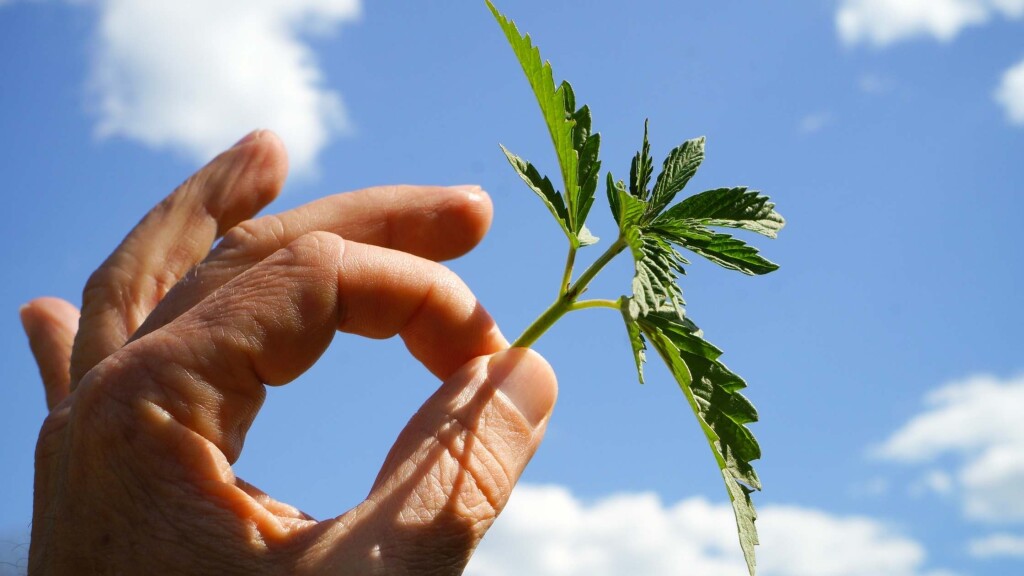
Photo credit Weedit. https://weedit.network/
What is allowed and what isn’t allowed?
There was a lot of hype earlier this year about the delisting of cannabis and hemp plants from the Narcotics Code in Thailand. However, there appears to be some confusion about cannabis use within the country and in particular, what is permitted and not permitted without a license. In order to prevent misuse and a society-wide problem, the Thai government has been elaborating on the permitted use and sale of cannabis in the last few months.
This article examines the current state of the law pertaining to cannabis, with a particular focus on employee use and the employer’s rights in those circumstances.
Current status of the law
The delisting of cannabis and hemp plants applies to their unprocessed parts and extracts containing less than 0.2% of tetrahydrocannabinol (“THC”). Therefore only extracts that contain more than 0.2% of THC are still regulated by the Narcotics Code and require a license from the Thai Food and Drug Administration (FDA). Smoking cannabis in public remains prohibited and the maximum penalty for doing so is three-month imprisonment and a THB 25,000 fine.[1]
However, in practice, the delisting has led to misuse and abuse of cannabis products in Thailand, which has in turn led to societal problems. Tourists seem to be able to readily purchase cannabis or cannabis-infused products from street vendors. Overseas governments and embassies in Thailand have issued warnings to their citizens, informing them of improper use and ensuring they do not bring any cannabis back into their home countries. There have been major health concerns, with instances of young people overdosing on cannabis. As explained in our earlier article “The Effects of the Delisting of Marijuana in Thailand and Government’s Attempt to Address This,” many health professionals objected to the delisting without adequate controls being put in place.
In response to these issues, the Thai government has been considering the Cannabis and Hemp Bill, which will further clarify and regulate the use of cannabis and hemp in Thailand. The future of the Bill is however unknown as it was withdrawn earlier pending revision of its contents by lawmakers.
In the meantime, the Thai government has set forward some guidelines to clarify the permitted use of cannabis and hemp products, for example:
- On 13 May 2022, the Minister of Public Health issued a notification regulating the sale and import of cosmetics containing cannabis.
- On 16 June 2022, the Minister of Public Health issued a notification prohibiting the sale of cannabis to minors, use of cannabis by pregnant and breastfeeding women and smoking cannabis in public.
- On 18 August 2022, the Minister of Public Health issued a notification regulating ready-to-eat food sellers to display warning messages for food containing cannabis.
One such guideline includes the Letter issued by the Department of Labor and Protection and Welfare (“DLPW”) on 28 June 2022 encouraging employers to issue a policy setting out the restrictions on the use of cannabis by its employees in the workplace (“Letter”).
Guidelines for employers
In summary, the Letter issued by the DLPW states that:
- The Minister of Labour Department has concerns about safety in the workplace since the delisting of cannabis as this may impact the employees’ focus and awareness.
- The DLPW requests employers to issue internal policies regarding the use of cannabis or hemp in the workplace to remind employees how to safely use cannabis/hemp.
- The company may instruct an authorized person or set up a committee to look after the safety of employees in the workplace including checking the readiness of the employees when they start their work.
- Whilst cannabis/hemp has been delisted, employers may restrict the use of these drugs in the workplace, especially for employees who work with machines and automobiles, as the use of cannabis/hemp by such employees may cause serious accidents. The smoking of cannabis may also cause breathing issues for customers and therefore should be carefully monitored in the hospitality and food and beverage industries.
The DLPW has published a template that employers can use to issue their policies for the workplace (“Policy Template”). An unofficial English translation of the Policy Template is included at the end of this article.
Practical considerations for employers
When employers are using the Policy Template, it would be good practice to explain to the employees why the policy is necessary (for example, for maintaining safety and peace in the workplace) to avoid any misunderstandings by the employees.
Employers should also ensure that they do not include any rules that are considered unfair by the employees. Under Thai law, an employer (who has 10 or more employees) is required to have work rules or regulations in their workplace which the employees have access. These work rules can include discipline measures that are legal and fair to its employees. [2] For example, most work rules will contain a rule that the employee must not consume drugs in the workplace. Any internal policies that are introduced should therefore be in line with the work rules.
Consequences of misuse by employees
In the event that an employer discovers that its employee is using cannabis in the workplace, there are several actions that the employer could consider taking:
- Give a warning – the employer should gather evidence of misuse and then give a verbal and written warning to the employee not to use cannabis in the workplace. The written warning should also state that if the employee does not comply with the warning and engages in an illegal act again, he may be terminated with cause. Any notices given to the employee will be valid for one year.
- Terminating with cause – under Thai law, employers may terminate the employee with cause under certain circumstances. Willfully disobeying the employer or intentionally committing a criminal offence against the employer are examples of “causes” that the employer can rely upon. It is important to note that when terminating an employee with cause, the employer must put this in writing and clearly specify the cause of termination. The employer would still be required to make certain payments, such as the employee’s wages (pro rata rate to the last day) and any accumulated unused annual leave.[3]
- Terminating without cause – as an alternative to (2), if the employer wishes to terminate the employee but does not have enough evidence to terminate with cause, it can consider terminating the employment without cause. The main difference with (2) above would be that the employer would have to make certain additional payments to the employee, including severance pay and payment in lieu of notice (if any).
In both instances of termination (with or without cause), the employer needs to be aware that there is a possibility that the employee may bring a claim for unfair dismissal to the Thai courts. The employer should therefore carefully consider the facts with a lawyer to determine the best course of action against the employee.
Conclusion
The law relating to cannabis in Thailand is still a work in progress and therefore, anyone who is considering taking advantage of the delisting should proceed with caution and take note of the various guidelines issued by the Thai government.
In an employment context, the employer should consider issuing a policy in line with the template provided by DLPW, bearing in mind that the policy should be explained to the employees and remain fair. If it discovers that an employee has been misusing cannabis in the workplace, the employer should carefully consider (preferably with a legal advisor) its next steps, as suggested above.
For more information, please contact the authors or alternatively, our Employment and Benefits Practice.
[1] Section 25 Public Health Act, B.E. 2535 (1992) and the Notification of the Ministry of Public Health Re: Actions that cause nuisance by the smell or smoke from Cannabis, Hemp or Any Other Plants B.E. 2565 (2022)
[2] Section 108, 119 Labour Protection Act B.E. 2541 (1998)
[3] Section 119 Labour Protection Act B.E. 2541 (1998)
Photo Credit Weedit.


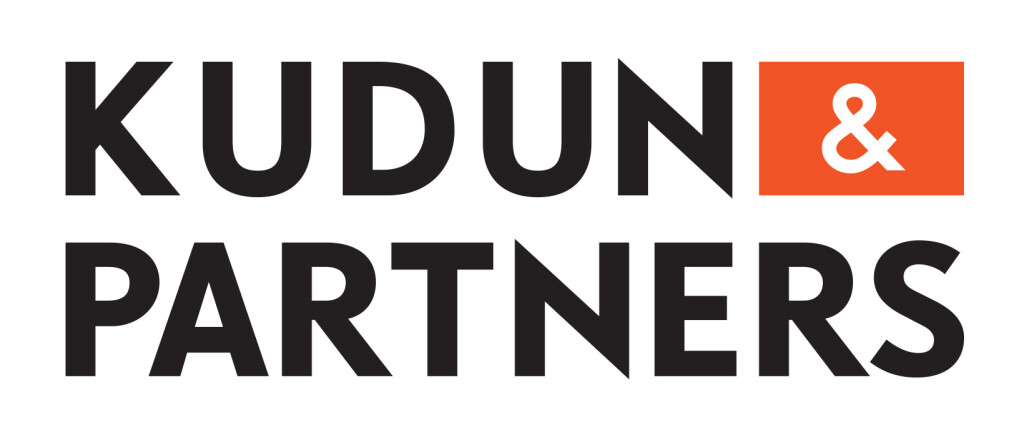







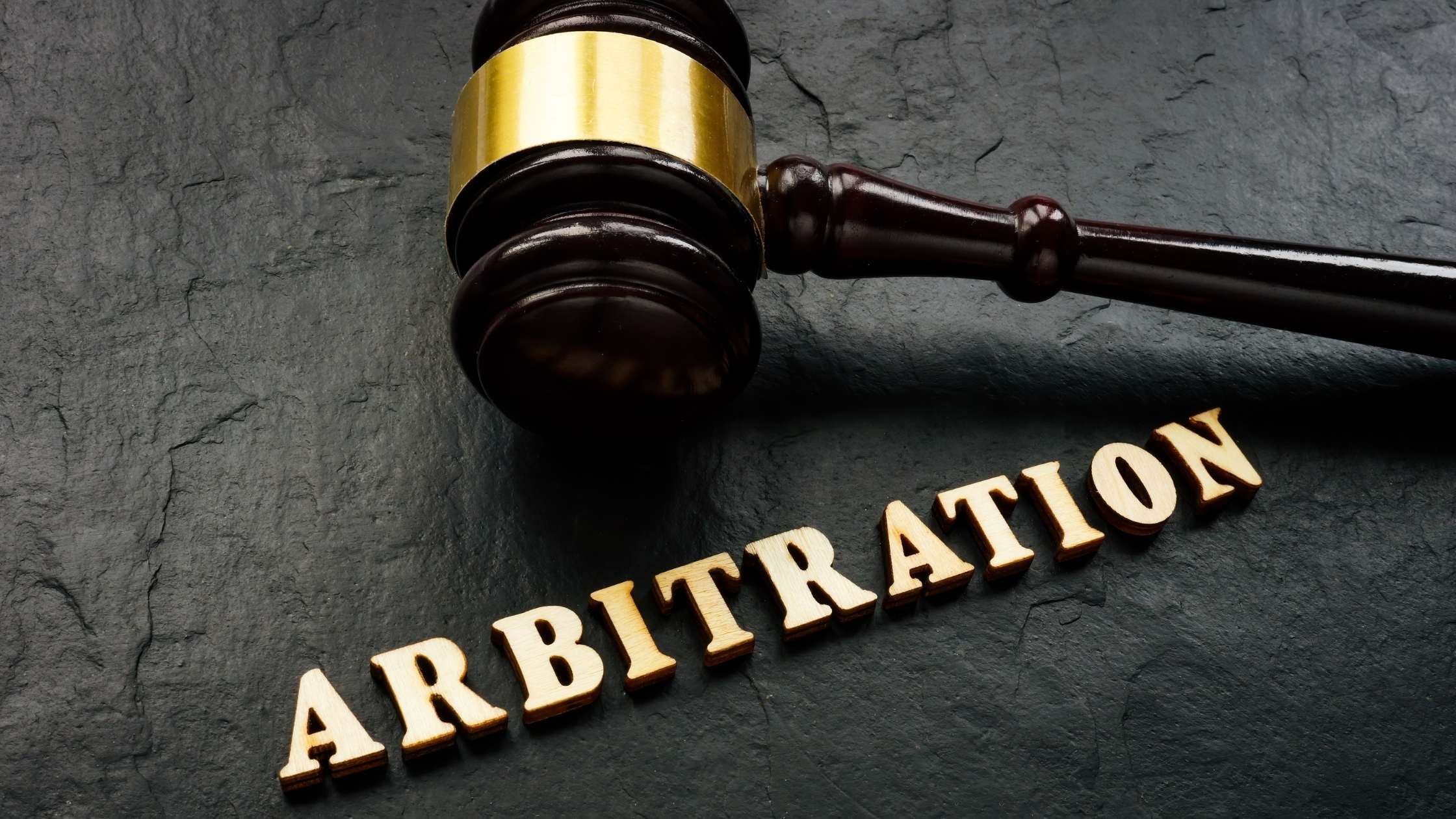
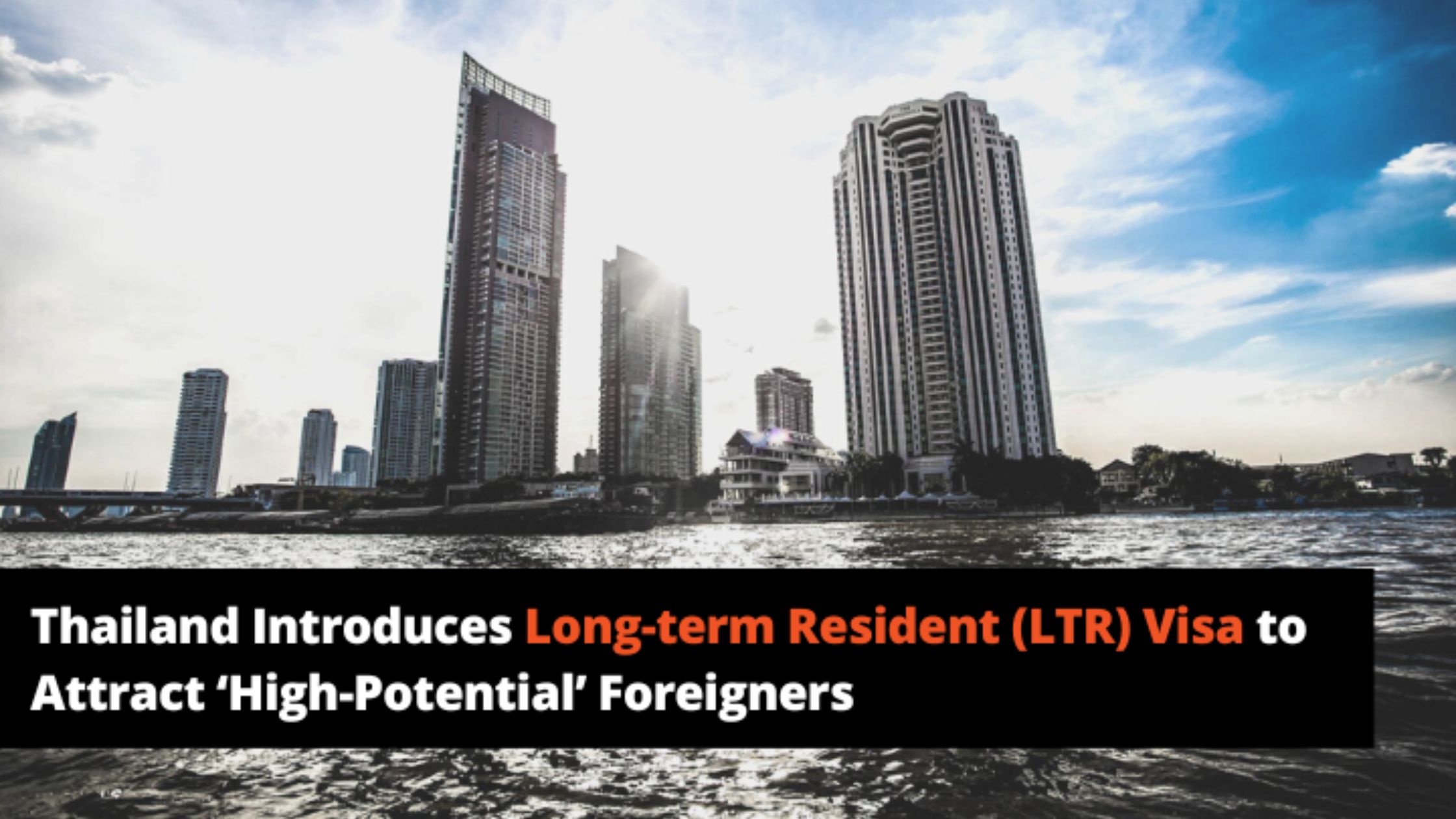
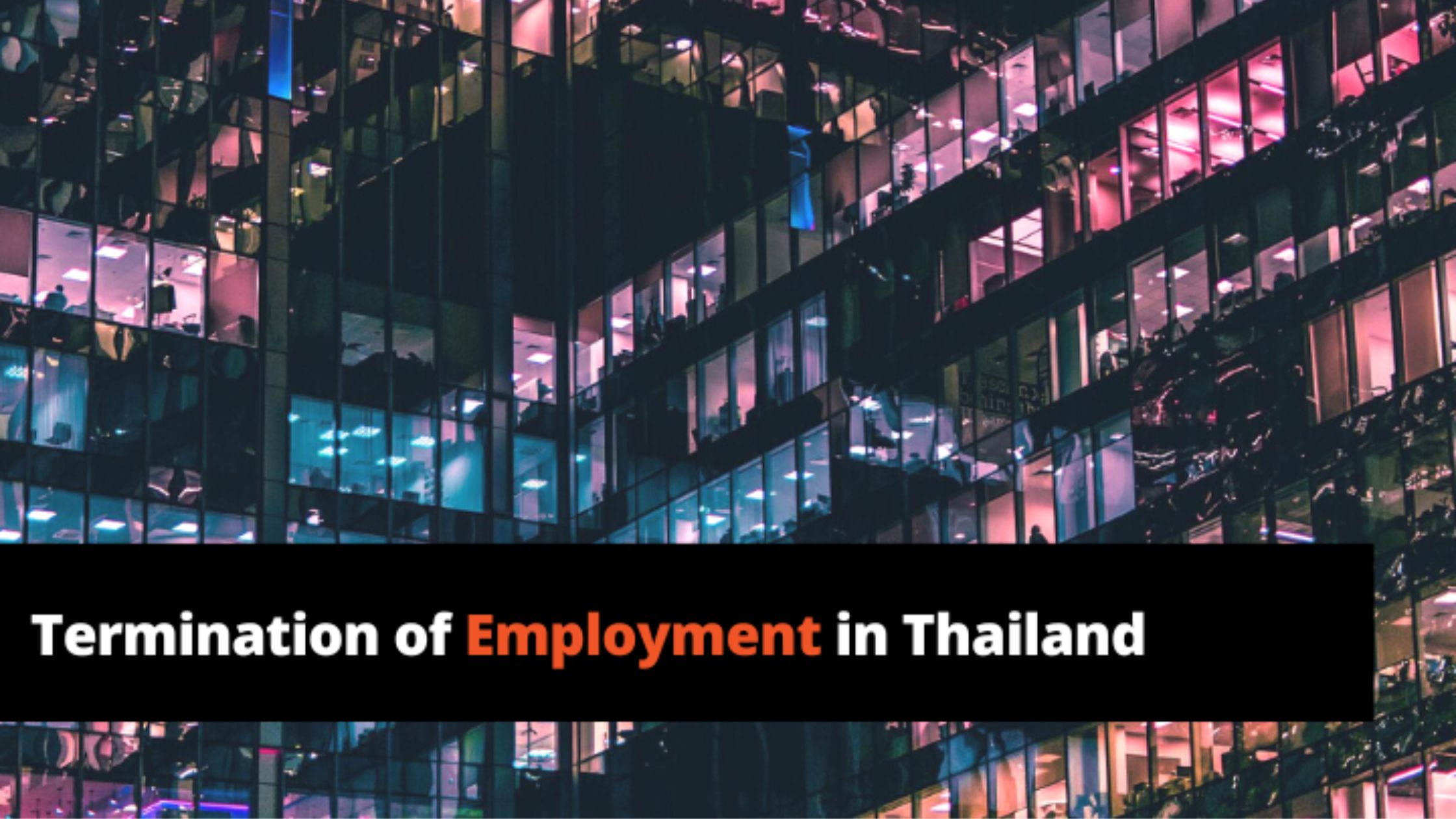
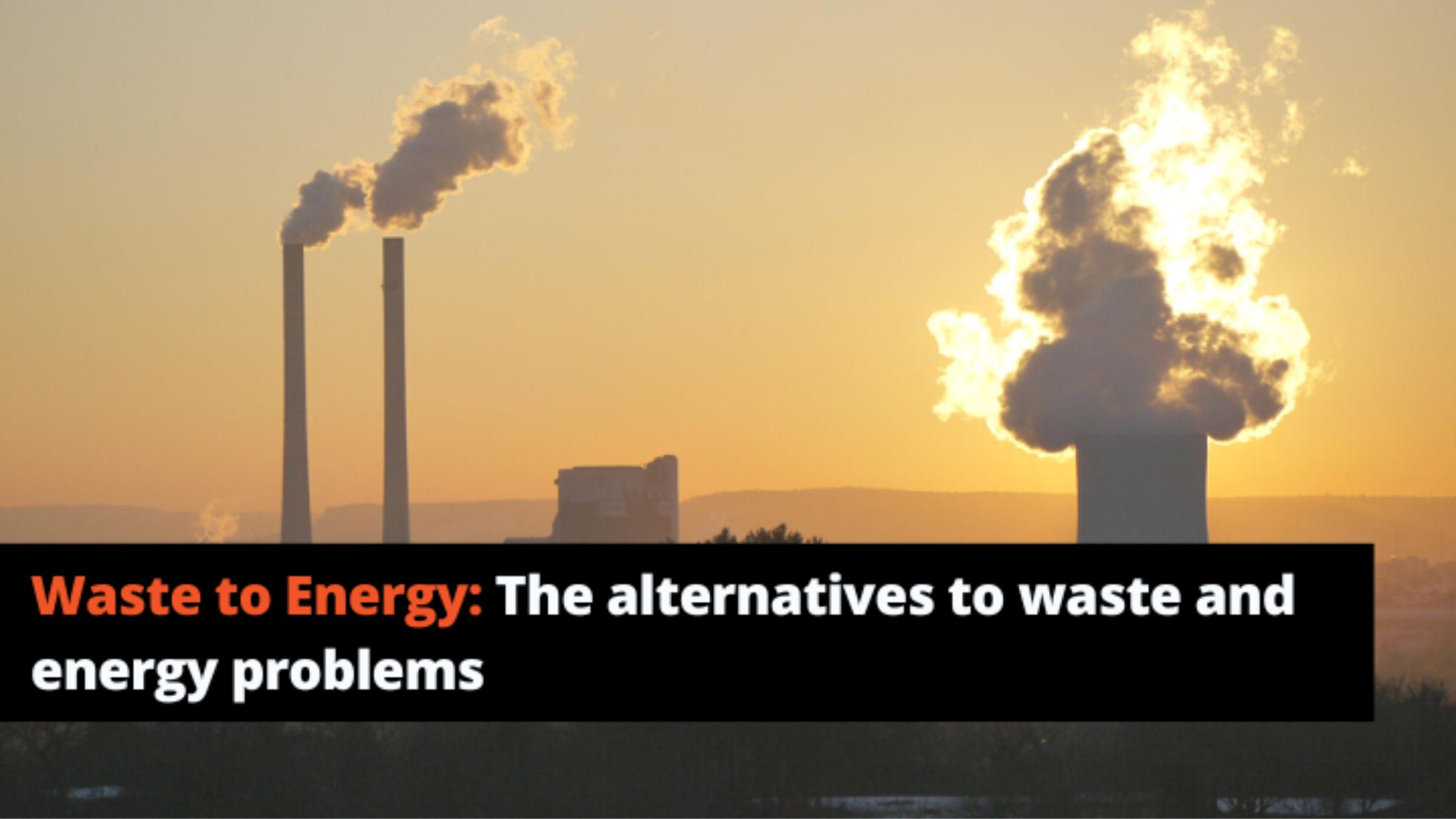







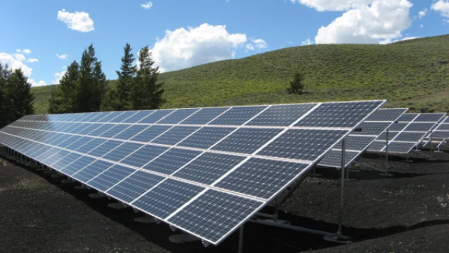
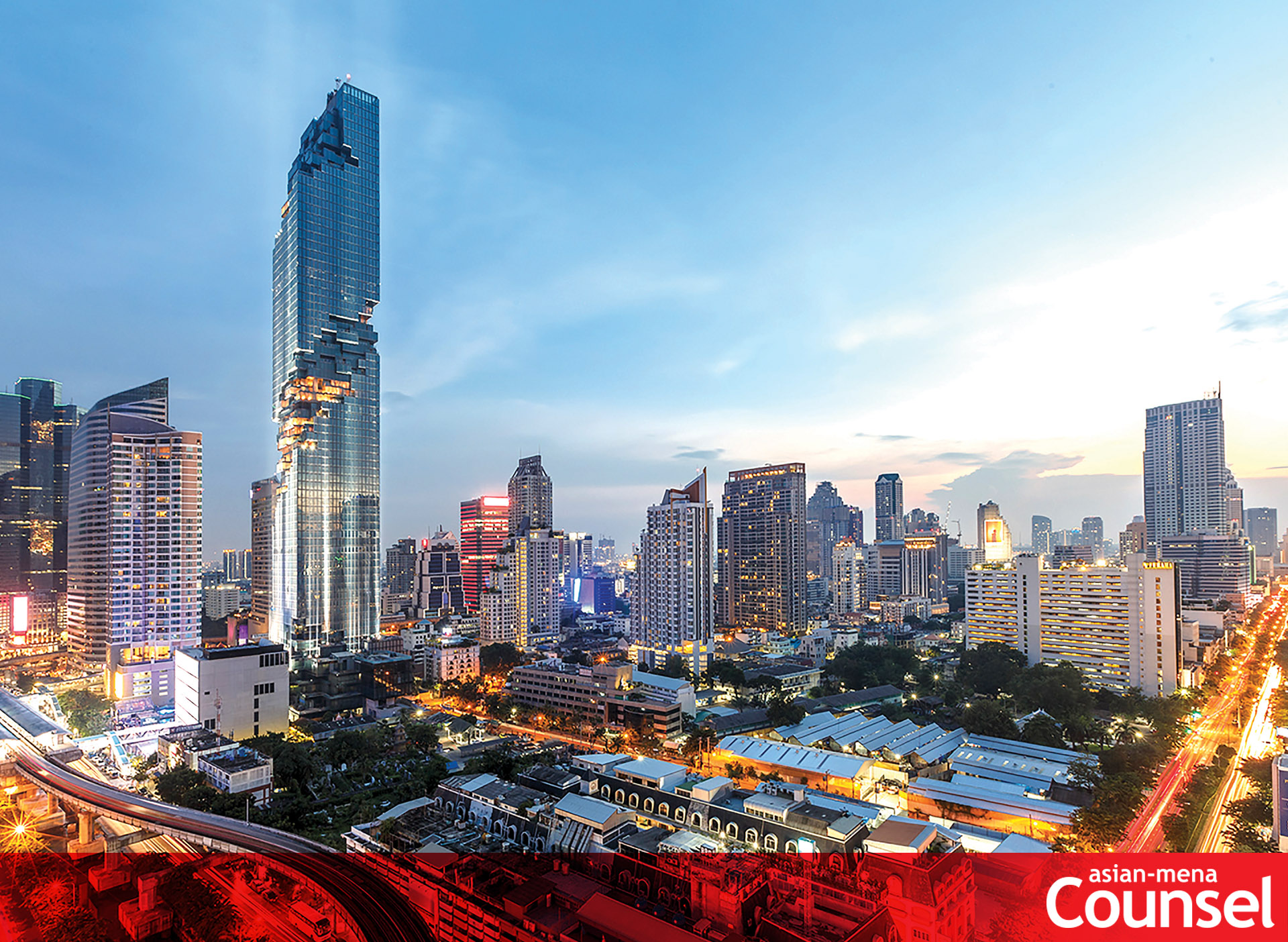
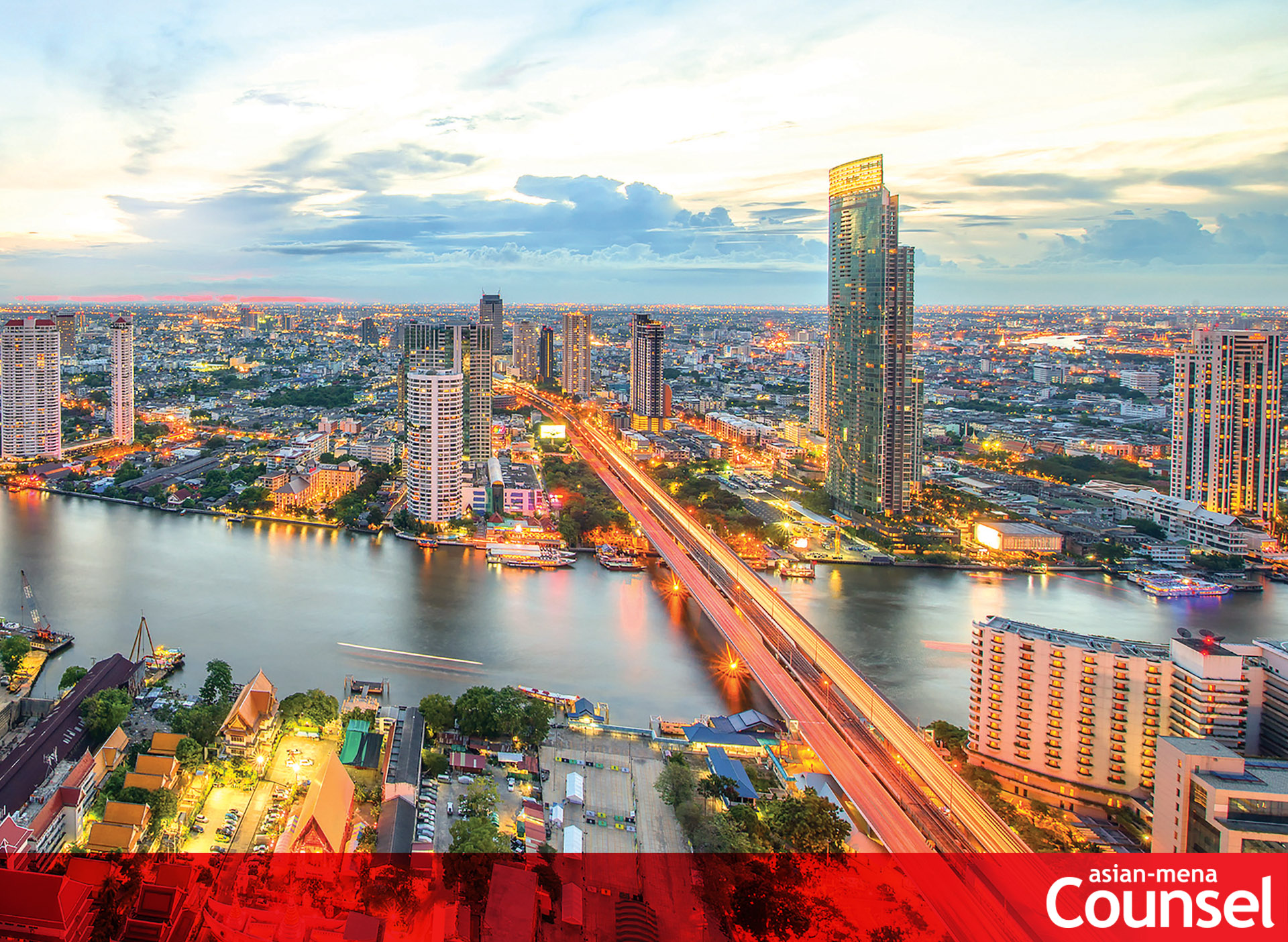






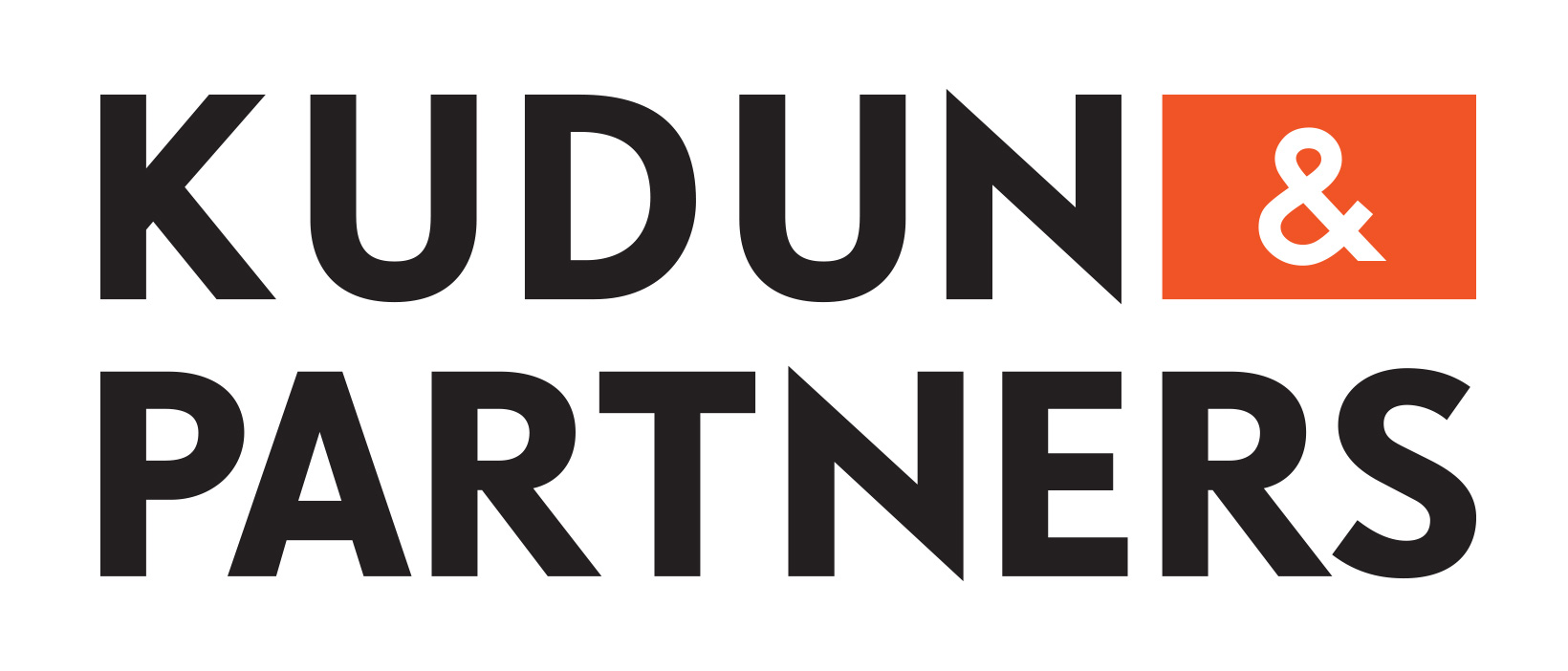 Kudun and Partners Limited
Kudun and Partners Limited Kudun Sukhumananda
Kudun Sukhumananda Troy Schooneman
Troy Schooneman




